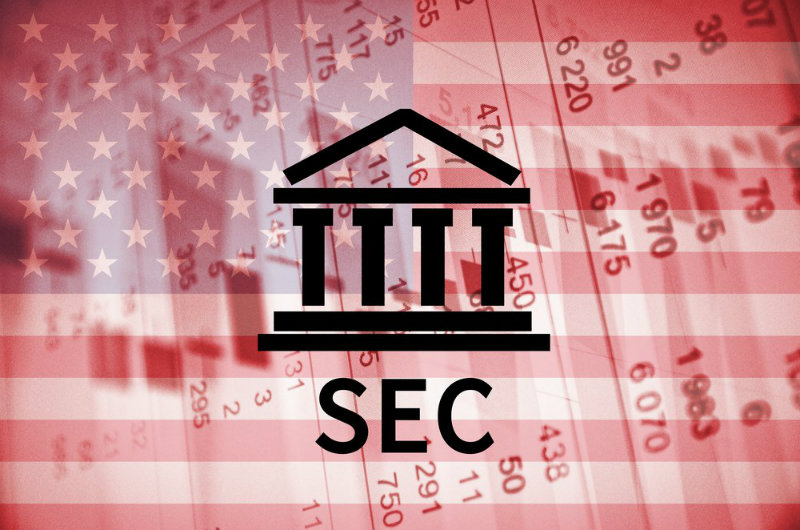SEC’s New Database Draws Criticism from Blockchain Advocates
27.08.2024 20:30 1 min. read Alexander Stefanov
Critics argue that the SEC’s new Consolidated Audit Trail (CAT) database is unduly affecting blockchain users.
Established under SEC Rule 613, the CAT was created to enhance regulatory oversight of securities markets, aggregating extensive trading data from U.S. exchanges, FINRA members, broker-dealers, and others.
This database has become one of the largest of its kind, designed to capture nearly all trading activity in the U.S.
The National Center for Public Policy Research, a conservative think tank, has already sued the SEC, claiming the CAT is unconstitutional. Their lawsuit describes the database as an unprecedented and intrusive collection of personal financial data by the government.
The Blockchain Association (BA) and the DeFi Education Fund (DEF) have also voiced concerns. They argue that although Rule 613 does not explicitly address cryptocurrencies, the SEC’s interpretation could extend reporting requirements to crypto firms.
The BA and DEF contend that this could lead to blockchains being transformed into extensive, searchable records of personal financial data, accessible without a warrant.
In addition to these concerns, Citadel Securities and the American Securities Association are also challenging Rule 613 in court.
-
1
New Ethereum Initiative Targets Institutional-Grade Security Standards
16.05.2025 14:00 1 min. read -
2
Ark Invest Buys Into eToro as Shares Surge on Nasdaq Debut
16.05.2025 8:00 1 min. read -
3
JPMorgan CEO Warns Market Is Overlooking Risks from Tariff Tensions
22.05.2025 8:00 1 min. read -
4
FIFA Teams Up with Avalanche to Launch Its Own Blockchain
23.05.2025 9:00 1 min. read -
5
Charles Hoskinson’s Long-Standing Crypto Prediction Is Playing Out
24.05.2025 17:00 2 min. read
U.S. Treasury Launches Record-Breaking Bond Buyback Amid Market Volatility
In a move not seen in decades, the U.S. Treasury Department has initiated a historic $10 billion bond buyback—its largest ever—targeting securities set to mature between mid-2025 and mid-2027.
Yuga Labs Moves to Dismantle ApeCoin DAO in Favor of Centralized Structure
In a bold move to reshape the future of ApeCoin, Yuga Labs has introduced a proposal that would dissolve the existing ApeCoin DAO and replace it with a streamlined management body called ApeCo.
ARK Invest Makes Bold Bet on Circle as Stablecoin Giant Enters Wall Street
Circle’s arrival on the New York Stock Exchange sent shockwaves through the market, and Cathie Wood’s ARK Invest wasted no time jumping in.
WazirX Restructuring Plan Blocked by Singapore High Court
WazirX’s bid to restructure and compensate victims of a $230 million hack has been rejected by the Singapore High Court, putting the exchange’s recovery roadmap in limbo.
-
1
New Ethereum Initiative Targets Institutional-Grade Security Standards
16.05.2025 14:00 1 min. read -
2
Ark Invest Buys Into eToro as Shares Surge on Nasdaq Debut
16.05.2025 8:00 1 min. read -
3
JPMorgan CEO Warns Market Is Overlooking Risks from Tariff Tensions
22.05.2025 8:00 1 min. read -
4
FIFA Teams Up with Avalanche to Launch Its Own Blockchain
23.05.2025 9:00 1 min. read -
5
Charles Hoskinson’s Long-Standing Crypto Prediction Is Playing Out
24.05.2025 17:00 2 min. read


